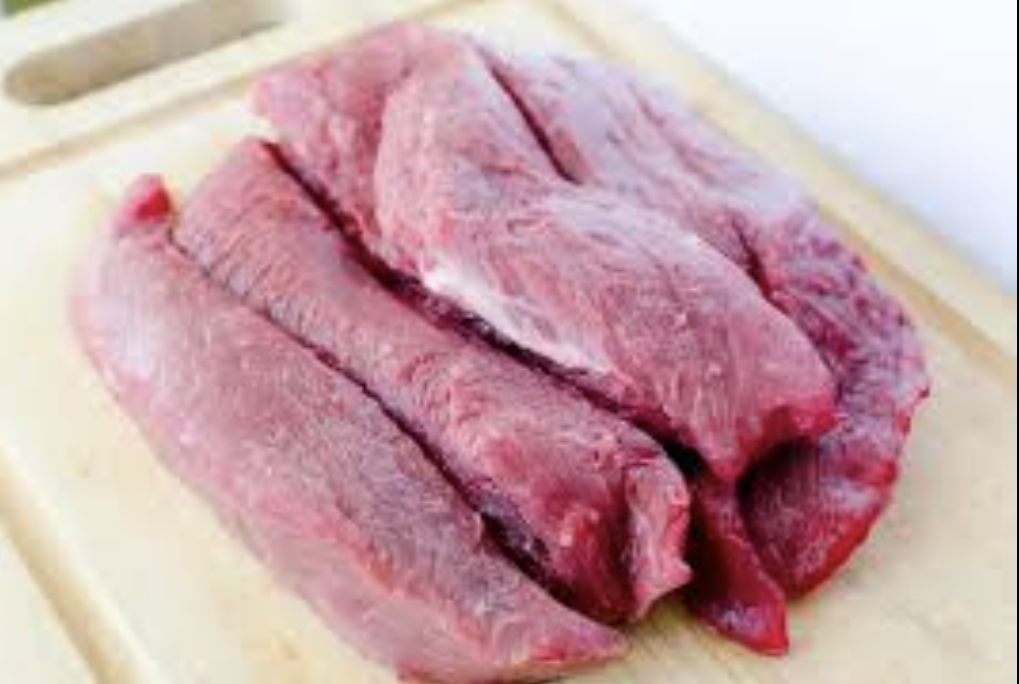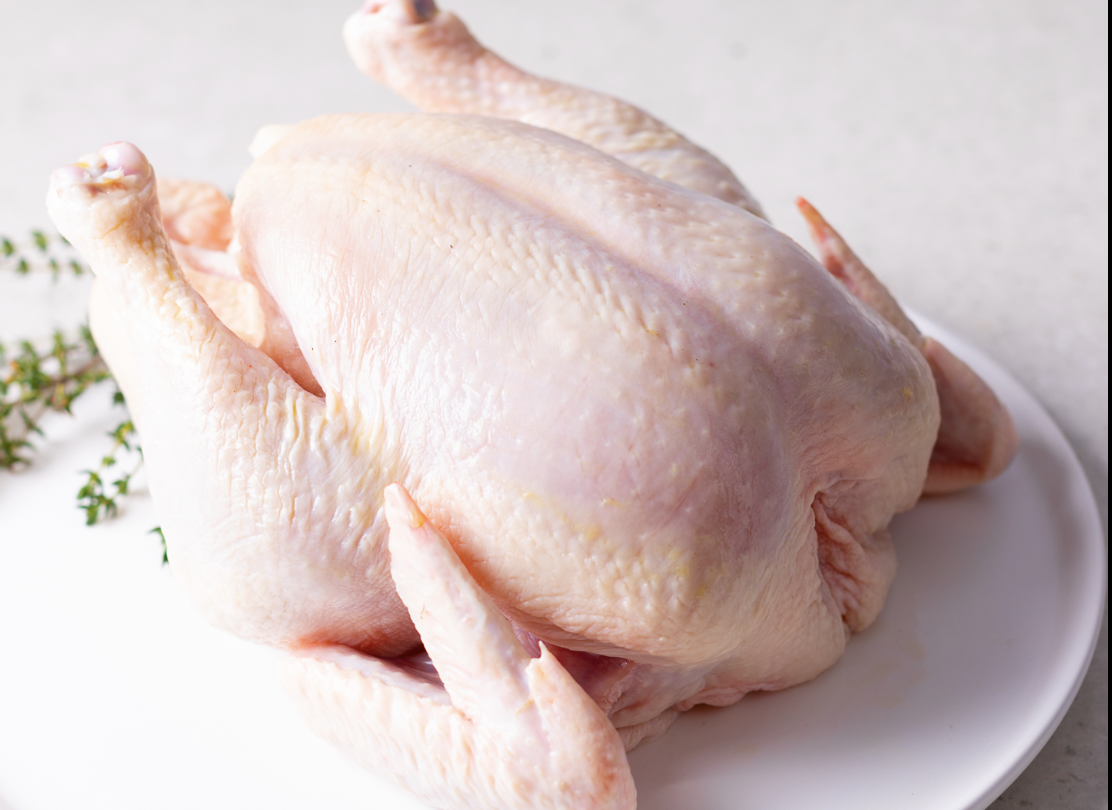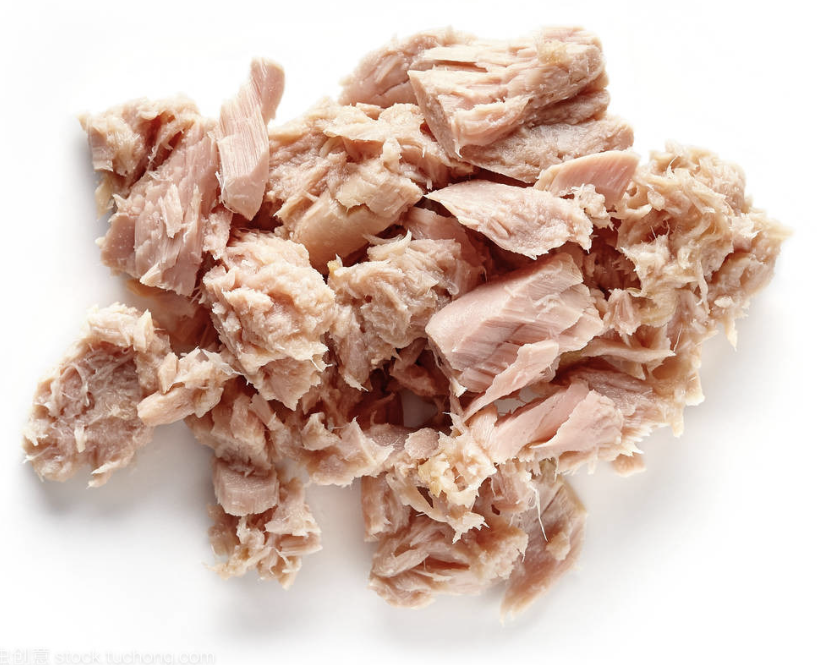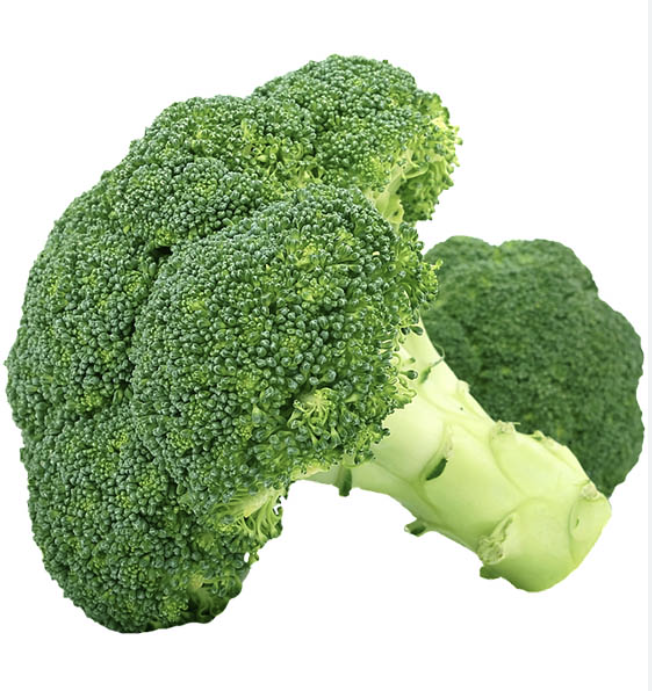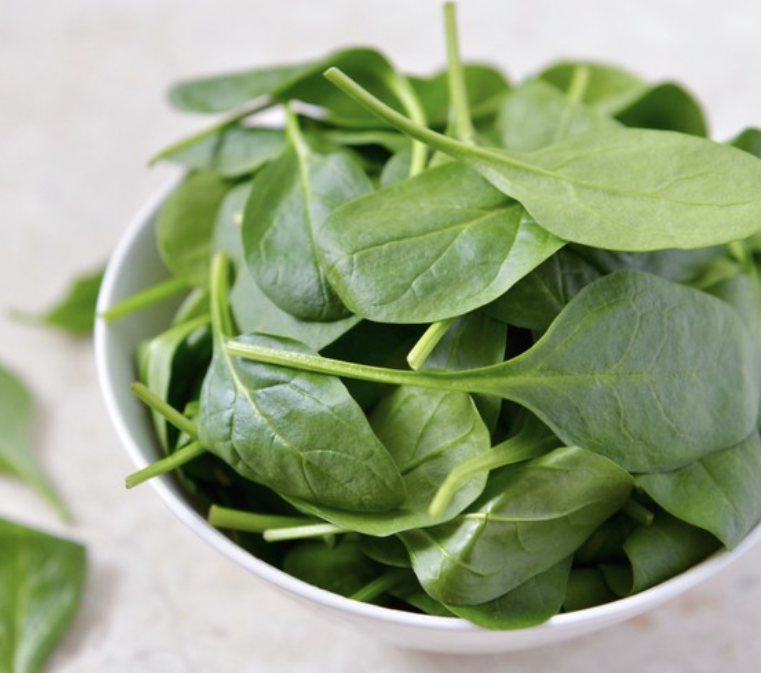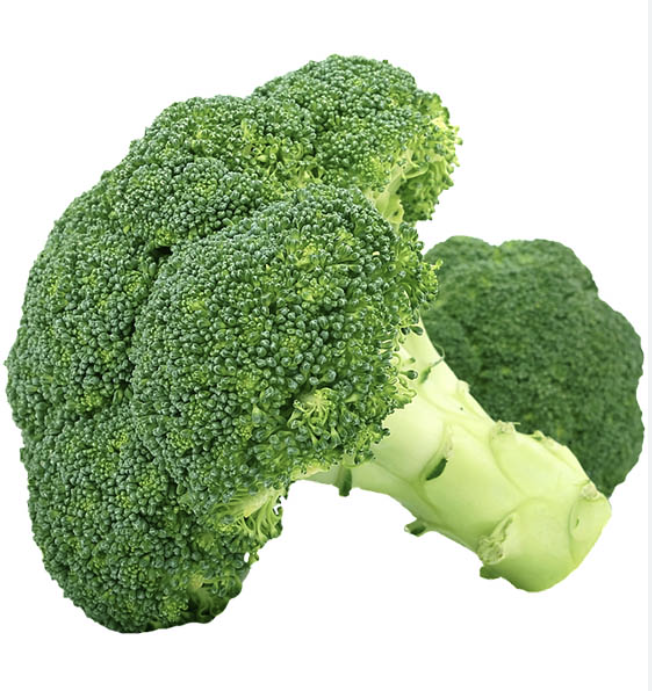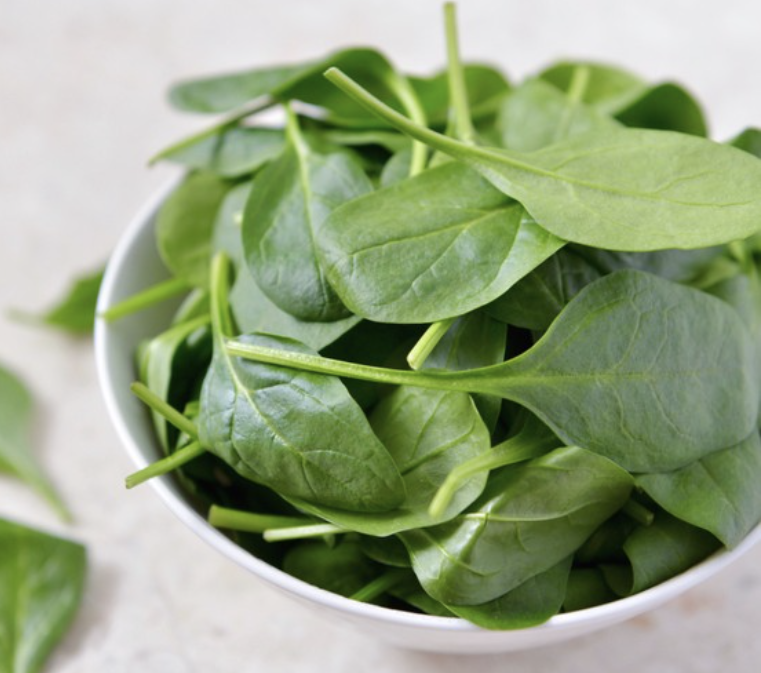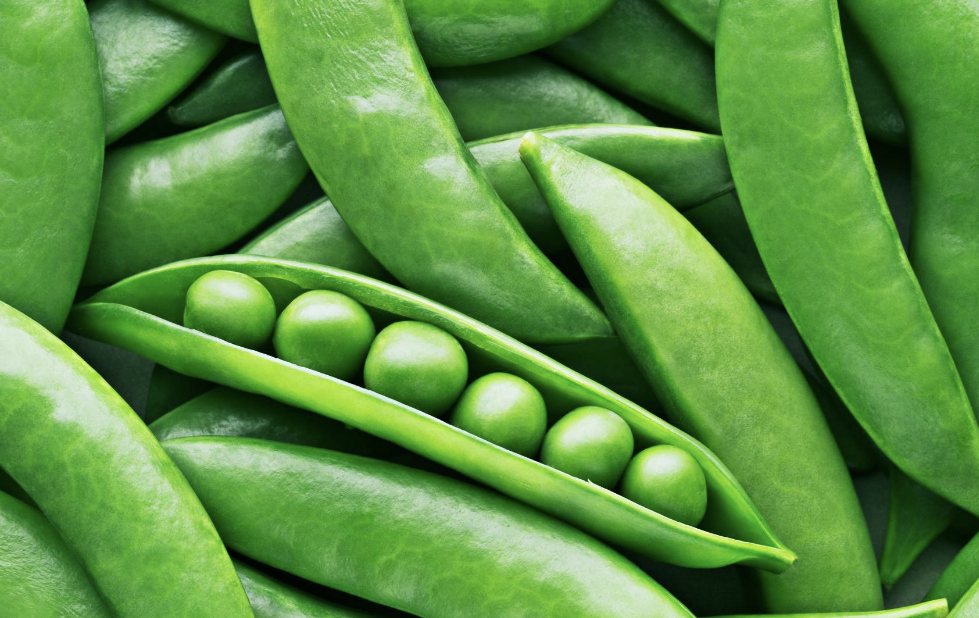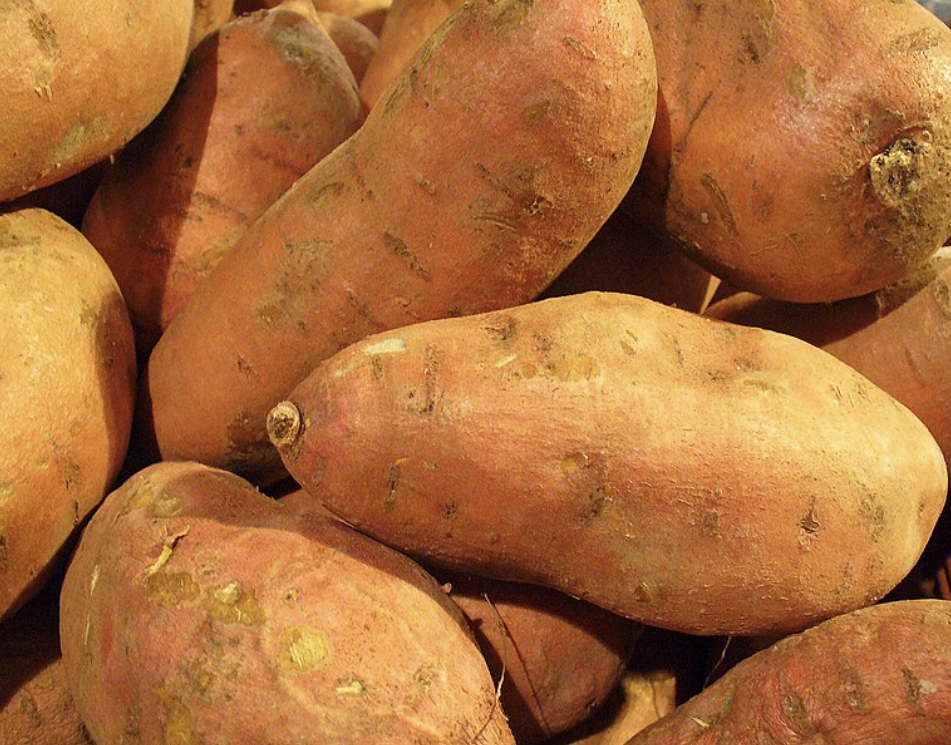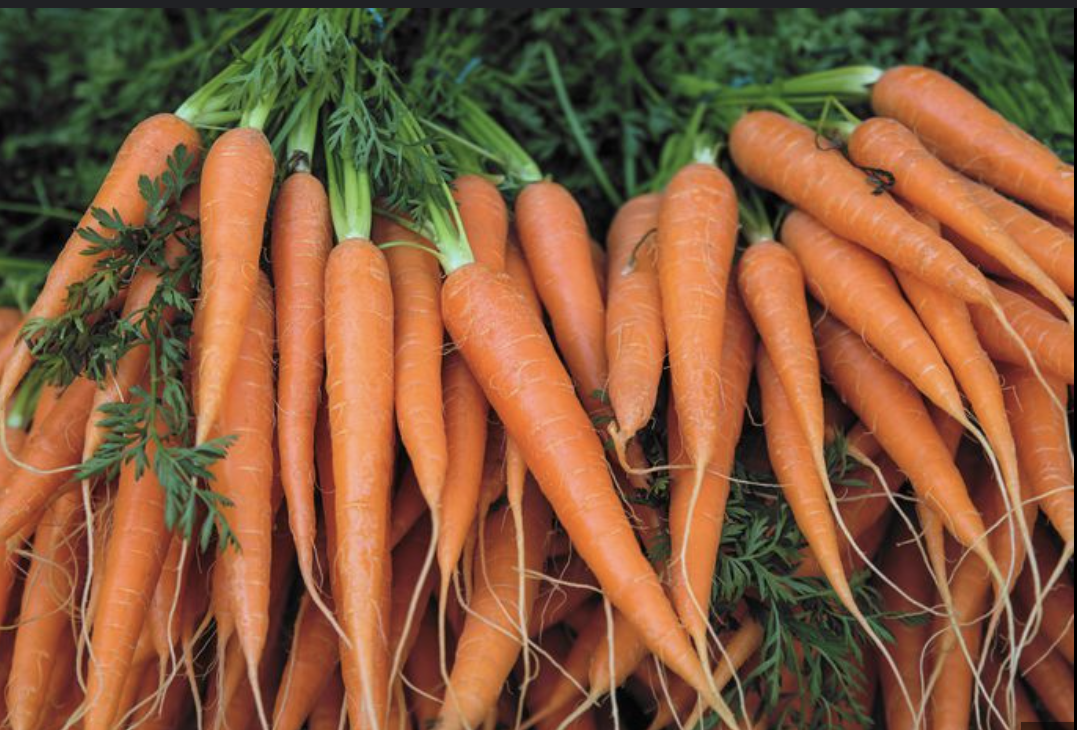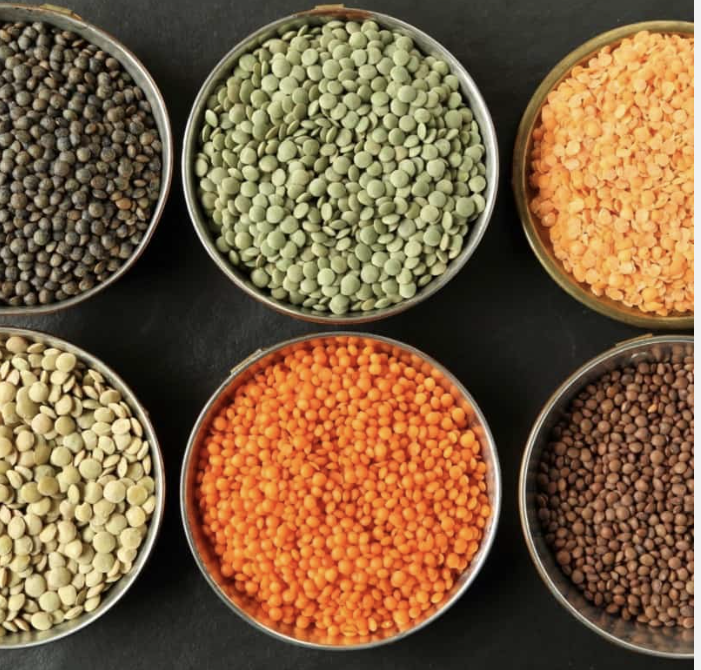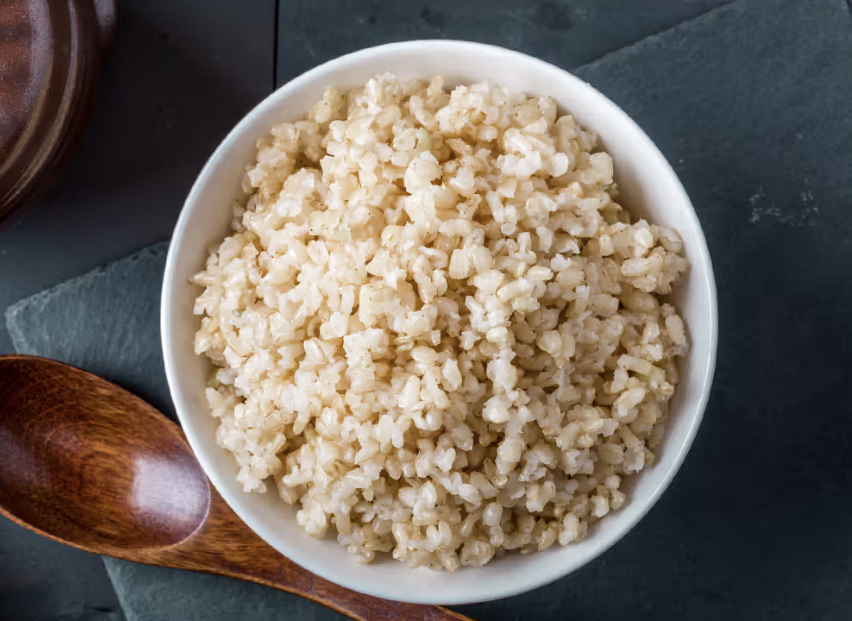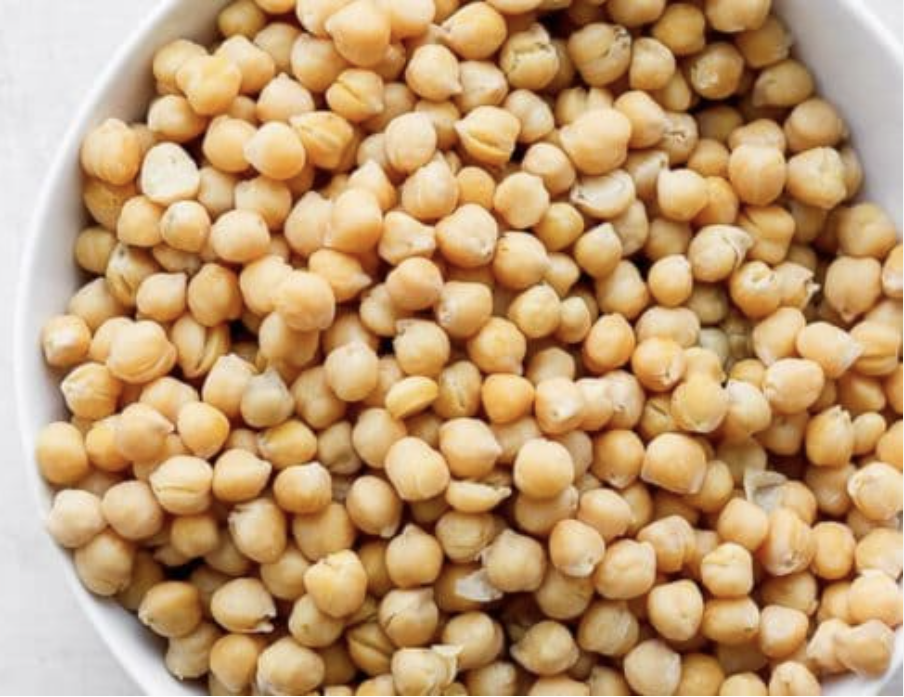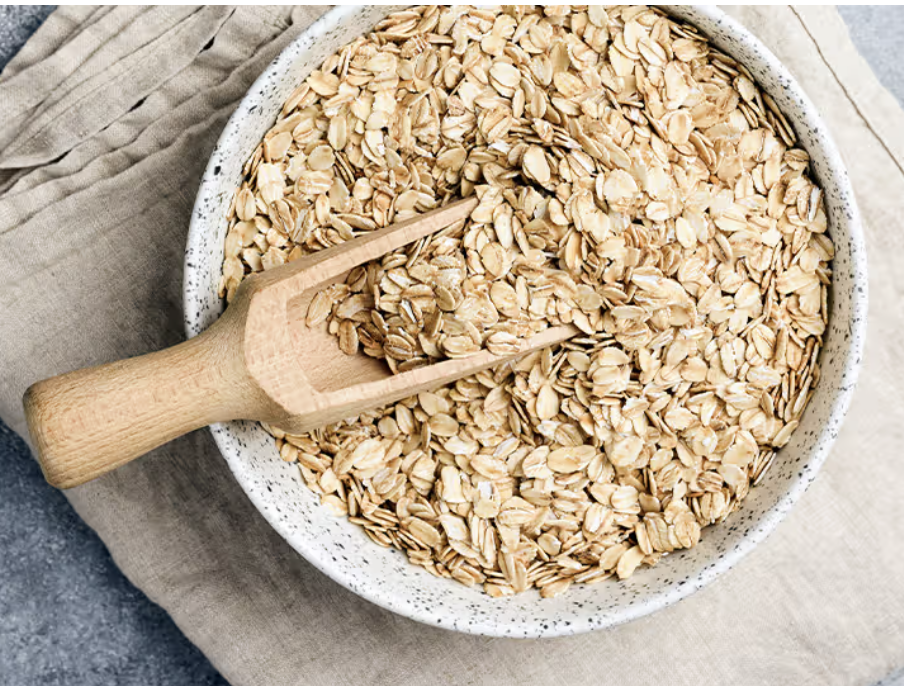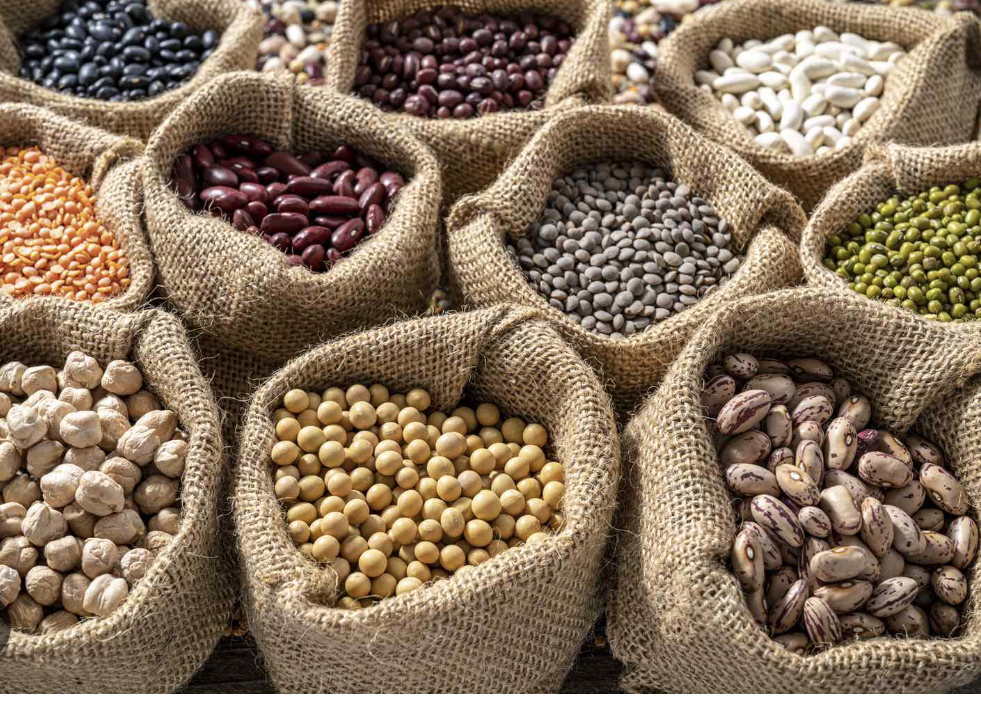Proteins
Meats
Venison
Deer meat can be a great protein source for dogs and offers several benefits:
Lean Protein
Deer meat is leaner than many other meats, providing high-quality protein without excess fat. This helps maintain muscle mass and supports overall health.
Nutrient-Rich
It is rich in essential nutrients like iron, zinc, and B vitamins, which are crucial for energy, immune function, and overall well-being.
Low Allergy Risk
Deer meat is considered a novel protein source, which means it’s less likely to cause allergies or sensitivities in dogs that have food intolerances.
High Digestibility
Many dogs find deer meat easy to digest, making it a good option for dogs with sensitive stomachs or digestive issues.
Healthy Omega Fatty Acids
Deer meat can contain beneficial omega-3 and omega-6 fatty acids, which support skin health and a shiny coat.
Natural and Wild
The deer meat is sourced from wild game, it can be a more natural and less processed option compared to commercially farmed meats, potentially leading to fewer additives and preservatives.
Chicken
High-Quality Protein
Chicken is a rich source of high-quality protein, which is essential for building and repairing muscles, tissues, and organs in dogs.
Natural Source of Nutrients
Raw chicken mince contains essential nutrients such as vitamins (e.g., B vitamins, vitamin A), minerals (e.g., iron, zinc), and amino acids that are vital for overall health and well-being in dogs.
Improved Digestibility
Raw chicken mince is easily digestible for many dogs, making it suitable for dogs with sensitive stomachs or digestive issues.
Healthy Fats
Chicken skin and fat contain omega-6 fatty acids, which contribute to healthy skin and a shiny coat in dogs.
Convenient and Versatile
Chicken mince is easy to portion and can be incorporated into homemade diets or raw food diets for dogs. It can also be combined with other ingredients to create balanced meals.
Palatability
Many dogs find the taste of raw chicken mince highly palatable, which can be beneficial for picky eaters or dogs with reduced appetites.
Kangaroo
Feeding raw kangaroo meat to dogs can offer several potential benefits:
Lean Protein Source
Kangaroo meat is low in fat and high in protein, making it a lean and nutritious option for dogs. Lean protein is essential for muscle development, maintenance, and overall health in dogs.
Rich in Essential Nutrients
Kangaroo meat contains essential nutrients such as iron, zinc, vitamin B12, and omega-3 fatty acids, which are important for various bodily functions including immune system support, energy production, and coat health.
Hypoallergenic Potential
Kangaroo meat is considered hypoallergenic for many dogs because it is not a common protein source in commercial pet foods. This makes it a suitable option for dogs with food allergies or sensitivities to more common proteins like beef or chicken.
Low in Fat
Compared to other red meats like beef or lamb, kangaroo meat is typically lower in fat content. This can be beneficial for dogs that need to maintain a healthy weight or those prone to pancreatitis or other conditions exacerbated by high-fat diets.
Natural Source of Taurine
Taurine is an essential amino acid for dogs, particularly important for heart health and eye function. Kangaroo meat naturally contains taurine, contributing to the overall nutritional profile of the diet.
Palatability
Many dogs find raw meat highly palatable, which can be beneficial for picky eaters or dogs with reduced appetite.
Beef
Beef meat can provide several benefits for dogs when included as part of a balanced diet:
High-Quality Protein
Beef is a rich source of high-quality protein, which is essential for dogs to build and repair tissues, as well as to maintain a healthy immune system.
Amino Acids
It contains essential amino acids that dogs need for various bodily functions, including muscle maintenance and energy production.
Vitamins and Minerals
Beef meat contains vitamins such as B12, B6, and niacin, as well as minerals like zinc, selenium, and iron, which contribute to overall health.
Energy
The fats in beef provide a concentrated source of energy for active dogs.
Palatability
Many dogs enjoy the taste of beef, making it a desirable ingredient that can stimulate their appetite and encourage them to eat.
Skin and Coat Health
The fats in beef can contribute to a healthy skin and coat, reducing dryness and promoting a shiny coat.
Nutrient Variety
Including beef in a rotation of proteins (along with other meats like chicken, fish, etc.) can provide a diverse array of nutrients, potentially filling in nutritional gaps that may exist with a single protein source diet.
Beef & Lamb Liver
Liver can offer several benefits when included as part of a dog’s diet:
Rich in Nutrients
Liver, including lamb & beef liver, is a nutrient-dense organ meat packed with essential vitamins and minerals. It is particularly high in vitamin A, vitamin B12, iron, copper, zinc, and folate, which are crucial for various bodily functions in dogs.
Excellent Source of Protein
Liver is a rich source of high-quality protein, which is essential for muscle growth, repair, and overall health in dogs.
Supports Immune Function
The vitamins and minerals found in lamb liver, such as vitamin A and zinc, play important roles in supporting a strong immune system in dogs. Adequate intake of these nutrients can help boost your dog’s ability to fight off infections and diseases.
Promotes Healthy Skin and Coat
The abundance of vitamin A in lamb liver contributes to healthy skin and a shiny coat in dogs. Vitamin A is essential for skin cell growth and repair, as well as the production of oils that keep the skin and coat moisturized.
Enhances Digestive Health
Liver contains natural enzymes that support digestion and nutrient absorption in dogs. Including lamb liver in your dog’s diet can help maintain a healthy digestive system and prevent gastrointestinal issues.
Provides Energy
Liver is a highly nutritious and easily digestible food that can provide a quick energy boost for dogs, making it an excellent option for active or working dogs.
Palatability
Many dogs find the taste of liver appealing, making it a great addition to homemade dog meals or treats. Its rich flavor can entice picky eaters to consume their meals more eagerly.
Helps Prevent Anemia
The iron content in lamb liver can help prevent or alleviate anemia in dogs, especially those with iron-deficiency anemia.
Tuna
Tuna can indeed offer some benefits to dogs when given in moderation and prepared properly:
Protein Source
Tuna is rich in protein, which is essential for your dog’s muscle growth and maintenance.
Omega-3 Fatty Acids
Tuna contains omega-3 fatty acids, such as EPA and DHA, which are beneficial for your dog’s skin, coat, and overall immune system. They can also help reduce inflammation and support joint health.
Vitamins and Minerals
Tuna contains vitamins and minerals like vitamins D, B12, and selenium, which contribute to your dog’s overall health and well-being.
Heart Health
The omega-3 fatty acids found in tuna can promote heart health by reducing the risk of cardiovascular diseases in dogs.
Brain Health
DHA, one of the omega-3 fatty acids in tuna, is particularly beneficial for brain development and cognitive function in dogs, especially in puppies and senior dogs.
Eggs
Nutrient Rich
Eggs are packed with nutrients beneficial for dogs, including protein, vitamins, and minerals. They contain high-quality protein, essential amino acids, vitamins A, D, E, and B-complex vitamins, as well as minerals like iron and selenium.
Healthy Skin and Coat
The fatty acids present in eggs, particularly omega-3 and omega-6 fatty acids, can contribute to healthy skin and a shiny coat in dogs. These fatty acids help reduce inflammation and promote skin and coat health.
Improved Digestion
Eggs contain enzymes that can aid in digestion, promoting gastrointestinal health in dogs. They also contain a small amount of dietary fibre, which can help regulate bowel movements and prevent constipation.
Supports Muscle Growth and Repair
The protein in eggs is essential for muscle growth, repair, and maintenance in dogs. Adding raw eggs to your dog’s diet can help support their muscle health, especially for active or growing dogs.
Boosts Immune System
The vitamins and minerals found in eggs, such as vitamin A, vitamin D, and selenium, play important roles in supporting a strong immune system in dogs. Adequate intake of these nutrients can help bolster your dog’s immune response and protect them from infections and diseases.
Enhances Brain Health
Eggs are a good source of choline, a nutrient important for brain function and cognitive development in dogs. Choline helps support memory, learning, and overall brain health.
Energy Boost
The high protein content in eggs can provide your dog with a quick energy boost, making them an excellent option for active dogs or those in need of additional energy.
Improves Appetite
Eggs can add flavour and variety to your dog’s diet, making their meals more appealing and encouraging them to eat, especially for picky eaters.
Vegetables
Carrots
Low in Calories
Carrots are low in calories and can be a healthy snack option for overweight or obese dogs. They can help satisfy a dog’s desire to chew and eat without adding excess calories to their diet.
High in Fibre
Carrots are rich in dietary fibre, which can support digestive health in dogs by promoting regular bowel movements and preventing constipation. Fiber also helps keep dogs feeling full and satisfied, which can aid in weight management.
Nutrient-Rich
Carrots are packed with vitamins and minerals that are beneficial for dogs, including vitamin A, vitamin C, vitamin K, potassium, and beta-carotene. These nutrients support various aspects of your dog’s health, including vision, immune function, and bone health.
Antioxidant Properties
Carrots contain antioxidants such as beta-carotene, which help neutralize harmful free radicals in the body and protect cells from damage. Antioxidants play a role in reducing the risk of chronic diseases and supporting overall well-being in dogs.
Improved Skin and Coat
The vitamins and beta-carotene in carrots can contribute to healthy skin and a shiny coat in dogs. Adequate intake of these nutrients can help maintain skin elasticity, reduce inflammation, and promote coat shine.
Hydration
Carrots have a high water content, which can contribute to your dog’s overall hydration levels. Proper hydration is essential for maintaining healthy bodily functions and preventing issues such as dehydration and urinary tract problems.
Green Beans
Green beans can offer several benefits for dogs when included as part of their diet:
Low in Calories
Green beans are low in calories and can be a healthy snack option for overweight or obese dogs. They provide a satisfying crunch without adding excess calories to your dog’s diet, making them ideal for weight management.
High in Fibre
Green beans are rich in dietary fiber, which can support digestive health in dogs by promoting regular bowel movements and preventing constipation. Fiber also helps dogs feel full and satisfied, which can aid in weight control and reduce begging behaviour.
Nutrient Rich
Green beans contain vitamins and minerals that are beneficial for dogs, including vitamin A, vitamin C, vitamin K, manganese, and potassium. These nutrients support various aspects of your dog’s health, including vision, immune function, and bone health.
Improved Digestion
The fibre in green beans can help regulate your dog’s digestive system, preventing diarrhea and promoting healthy gut bacteria. Including green beans in your dog’s diet can help alleviate gastrointestinal issues and maintain overall digestive health.
Hydration
Green beans have a high water content, which can contribute to your dog’s overall hydration levels. Proper hydration is essential for maintaining healthy bodily functions and preventing issues such as dehydration and urinary tract problems.
Weight Management
Due to their low-calorie and high-fibre content, green beans can be a valuable addition to a weight loss or weight management diet for dogs. They can help your dog feel full while reducing their overall calorie intake, making it easier for them to maintain a healthy weight.
Sweet Potatoes
Sweet potatoes offer several benefits for dogs when included as part of their diet:
Nutrient Rich
Sweet potatoes are packed with essential vitamins and minerals that contribute to overall health in dogs. They contain vitamins A, C, and B6, as well as potassium, manganese, and fiber.
Digestive Health
Sweet potatoes are rich in dietary fiber, which promotes healthy digestion in dogs by regulating bowel movements and preventing constipation. Fiber also helps support the growth of beneficial gut bacteria, improving gut health.
Low in Fat
Sweet potatoes are naturally low in fat, making them a suitable food option for dogs that need to maintain a healthy weight or those with dietary sensitivities to fatty foods.
Energy Source
Sweet potatoes are a complex carbohydrate that provides a slow-release energy source for dogs. This can help sustain energy levels throughout the day, making sweet potatoes a good option for active or working dogs.
Supports Immune Function
The vitamins and antioxidants found in sweet potatoes, such as vitamin A and vitamin C, help support a strong immune system in dogs. Adequate intake of these nutrients can help bolster your dog’s immune response and protect them from infections and diseases.
Healthy Skin and Coat
Sweet potatoes contain beta-carotene, which is converted into vitamin A in the body. Vitamin A is essential for maintaining healthy skin and a shiny coat in dogs. It helps promote skin cell growth and repair, as well as the production of oils that keep the skin and coat moisturised.
Anti-Inflammatory Properties
Sweet potatoes contain antioxidants and anti-inflammatory compounds that may help reduce inflammation and alleviate symptoms of conditions such as arthritis or allergies in dogs.
Pumkin
Nutrient Rich
Broccoli is packed with essential vitamins and minerals that support overall health in dogs. It contains vitamins A, C, and K, as well as folate, potassium, and calcium, among other nutrients.
Supports Immune Function
The vitamins and antioxidants found in broccoli, such as vitamin C and beta-carotene, help support a strong immune system in dogs. Adequate intake of these nutrients can help bolster your dog’s immune response and protect them from infections and diseases.
Anti Inflammatory Properties
Broccoli contains compounds such as sulforaphane, which have anti-inflammatory properties. These compounds may help reduce inflammation and alleviate symptoms of conditions such as arthritis or allergies in dogs.
Digestive Health
Broccoli is rich in dietary fibre, which promotes healthy digestion in dogs by regulating bowel movements and preventing constipation. Fibre also supports the growth of beneficial gut bacteria, improving gut health.
Heart Health
The antioxidants and fibre in broccoli can contribute to heart health in dogs by helping to reduce cholesterol levels and improve blood vessel function. This can lower the risk of cardiovascular diseases such as heart disease and stroke.
Cancer Prevention
Some studies suggest that the compounds found in broccoli, such as sulforaphane, may have cancer-fighting properties. While more research is needed, including broccoli in your dog’s diet may help reduce the risk of certain types of cancer.
Weight Management
Broccoli is low in calories and fat but high in fibre, making it a beneficial addition to weight management diets for dogs. It can help dogs feel full and satisfied while reducing their overall calorie intake.
Spinach
Nutrient Rich
Spinach is packed with essential vitamins and minerals that support overall health in dogs. It contains vitamins A, C, and K, as well as folate, iron, potassium, and calcium, among other nutrients.
Supports Immune Function
The vitamins and antioxidants found in spinach, such as vitamin C and beta-carotene, help support a strong immune system in dogs. Adequate intake of these nutrients can help bolster your dog’s immune response and protect them from infections and diseases.
Anti Inflammatory Properties
Spinach contains compounds such as flavonoids and carotenoids, which have anti-inflammatory properties. These compounds may help reduce inflammation and alleviate symptoms of conditions such as arthritis or allergies in dogs.
Heart Health
The antioxidants and potassium in spinach can contribute to heart health in dogs by helping to reduce cholesterol levels, regulate blood pressure, and improve blood vessel function. This can lower the risk of cardiovascular diseases such as heart disease and stroke.
Digestive Health
Spinach is rich in dietary fiber, which promotes healthy digestion in dogs by regulating bowel movements and preventing constipation. Fiber also supports the growth of beneficial gut bacteria, improving gut health.
Bone Health
Spinach contains calcium and vitamin K, which are essential for maintaining strong and healthy bones in dogs. Adequate intake of these nutrients can help prevent bone-related issues such as osteoporosis and fractures.
Cancer Prevention
Some studies suggest that the compounds found in spinach, such as flavonoids and carotenoids, may have cancer-fighting properties. While more research is needed, including spinach in your dog’s diet may help reduce the risk of certain types of cancer.
Weight Management
Spinach is low in calories and fat but high in fiber, making it a beneficial addition to weight management diets for dogs. It can help dogs feel full and satisfied while reducing their overall calorie intake.
Peas
Nutrient Rich
Peas are packed with essential vitamins and minerals that support overall health in dogs. They contain vitamins A, C, and K, as well as folate, iron, potassium, and fiber, among other nutrients.
Digestive Health
Peas are rich in dietary fiber, which promotes healthy digestion in dogs by regulating bowel movements and preventing constipation. Fiber also supports the growth of beneficial gut bacteria, improving gut health.
Weight Management
Peas are low in calories and fat but high in fiber and protein, making them a beneficial addition to weight management diets for dogs. They can help dogs feel full and satisfied while reducing their overall calorie intake.
Supports Muscle Health
Peas are a good source of plant-based protein, which is essential for muscle growth, repair, and maintenance in dogs. Including peas in your dog’s diet can help support their muscle health, especially for active or growing dogs.
Heart Health
The antioxidants and fiber in peas can contribute to heart health in dogs by helping to reduce cholesterol levels, regulate blood pressure, and improve blood vessel function. This can lower the risk of cardiovascular diseases such as heart disease and stroke.
Immune Support
Peas contain vitamins and antioxidants that support a strong immune system in dogs. Adequate intake of these nutrients can help bolster your dog’s immune response and protect them from infections and diseases.
Joint Health
Peas contain compounds such as vitamin K and manganese, which are important for maintaining healthy joints and cartilage in dogs. Including peas in your dog’s diet may help support joint health and reduce the risk of conditions such as arthritis.
Natural Treat Alternative
Peas make a nutritious and satisfying treat alternative for dogs, especially those with food allergies or sensitivities. They are often well-tolerated and can be used as a reward during training or as a healthy snack between meals.
Carbohydrates
Brown Rice
Nutrient-Rich
Brown rice is a whole grain that contains essential vitamins and minerals beneficial for dogs, including B vitamins (such as niacin, thiamine, and riboflavin), manganese, magnesium, phosphorus, and iron.
Digestive Health
Brown rice is rich in dietary fiber, which promotes healthy digestion in dogs by regulating bowel movements and preventing constipation. Fiber also supports the growth of beneficial gut bacteria, improving gut health.
Stable Energy Source
Brown rice is a complex carbohydrate that provides a steady and sustained release of energy for dogs. This makes it an excellent energy source for active dogs or those with high energy needs.
Weight Management
Despite being relatively calorie-dense, brown rice is low in fat and can be a beneficial addition to weight management diets for dogs. Its high fibre content helps dogs feel full and satisfied, reducing their overall calorie intake.
Gentle on Digestion
Brown rice is easily digestible for most dogs, making it suitable for dogs with sensitive stomachs or digestive issues. It is often recommended by veterinarians as a bland diet option for dogs recovering from gastrointestinal upset.
Gluten Free
Brown rice is naturally gluten-free, making it a suitable grain option for dogs with gluten sensitivities or allergies.
Promotes Cardiovascular Health
The fibre, antioxidants, and magnesium found in brown rice can contribute to cardiovascular health in dogs by helping to regulate cholesterol levels, support blood vessel function, and reduce the risk of heart disease.
Supports Muscle Growth and Repair
Brown rice contains essential amino acids that are important for muscle growth, repair, and maintenance in dogs. Including brown rice in your dog’s diet can help support their muscle health, especially for active or growing dogs.
Oats
Nutrient-Rich: Oats are a whole grain that contains essential vitamins and minerals beneficial for dogs, including B vitamins (such as niacin, thiamine, and riboflavin), manganese, phosphorus, magnesium, and iron.
Digestive Health: Oats are rich in dietary fiber, particularly soluble fiber, which promotes healthy digestion in dogs by regulating bowel movements and preventing constipation. Fiber also supports the growth of beneficial gut bacteria, improving gut health.
Stable Energy Source: Oats are a complex carbohydrate that provides a steady and sustained release of energy for dogs. This makes them an excellent energy source for active dogs or those with high energy needs.
Weight Management: Despite being relatively calorie-dense, oats are low in fat and can be a beneficial addition to weight management diets for dogs. Their high fiber content helps dogs feel full and satisfied, reducing their overall calorie intake.
Heart Health: The soluble fiber in oats can help lower cholesterol levels in dogs by binding to cholesterol and removing it from the body. This can reduce the risk of cardiovascular diseases such as heart disease and stroke.
Supports Skin and Coat Health: Oats contain essential fatty acids that help support healthy skin and a shiny coat in dogs. They also have anti-inflammatory properties that can help alleviate skin conditions such as itching or inflammation.
Gluten-Free Option: While oats contain a type of protein called avenin, which is similar to gluten, they are generally considered gluten-free and can be a suitable grain option for dogs with gluten sensitivities or allergies.
Anti-Inflammatory Properties: Oats contain antioxidants and anti-inflammatory compounds that may help reduce inflammation and alleviate symptoms of conditions such as arthritis or allergies in dogs.
Beans
Nutrient-Rich
Beans are a good source of essential nutrients such as protein, fiber, vitamins, and minerals. They contain vitamins (such as vitamin K, folate, and vitamin B6), minerals (such as iron, magnesium, potassium, and zinc), and antioxidants, all of which contribute to overall health in dogs.
Digestive Health
Beans are rich in dietary fiber, which promotes healthy digestion in dogs by regulating bowel movements and preventing constipation. Fiber also supports the growth of beneficial gut bacteria, improving gut health.
Stable Energy Source
Beans are a complex carbohydrate that provides a steady and sustained release of energy for dogs. This makes them an excellent energy source for active dogs or those with high energy needs.
Weight Management
Despite being relatively calorie-dense, beans are low in fat and can be a beneficial addition to weight management diets for dogs. Their high fiber and protein content help dogs feel full and satisfied, reducing their overall calorie intake.
Heart Health
The fibre, antioxidants, and potassium found in beans can contribute to heart health in dogs by helping to regulate cholesterol levels, support blood vessel function, and lower blood pressure. This can reduce the risk of cardiovascular diseases such as heart disease and stroke.
Supports Muscle Health
Beans are a good source of plant-based protein, which is essential for muscle growth, repair, and maintenance in dogs. Including beans in your dog’s diet can help support their muscle health, especially for active or growing dogs.
Immune Support
Beans contain vitamins and antioxidants that support a strong immune system in dogs. Adequate intake of these nutrients can help bolster your dog’s immune response and protect them from infections and diseases.
Anti Inflammatory Properties
Some types of beans, such as black beans and kidney beans, contain antioxidants and anti-inflammatory compounds that may help reduce inflammation and alleviate symptoms of conditions such as arthritis or allergies in dogs.
Lentils
Nutrient-Rich
Lentils are a nutritious legume packed with essential vitamins and minerals beneficial for dogs. They contain vitamins (such as vitamin B6, folate, and niacin), minerals (such as iron, magnesium, potassium, and zinc), and antioxidants, all of which contribute to overall health in dogs.
Digestive Health
Lentils are rich in dietary fiber, particularly soluble fiber, which promotes healthy digestion in dogs by regulating bowel movements and preventing constipation. Fiber also supports the growth of beneficial gut bacteria, improving gut health.
Stable Energy Source
Lentils are a complex carbohydrate that provides a steady and sustained release of energy for dogs. This makes them an excellent energy source for active dogs or those with high energy needs.
Weight Management
Despite being relatively calorie-dense, lentils are low in fat and can be a beneficial addition to weight management diets for dogs. Their high fibre and protein content help dogs feel full and satisfied, reducing their overall calorie intake.
Heart Health
The fibre, antioxidants, and potassium found in lentils can contribute to heart health in dogs by helping to regulate cholesterol levels, support blood vessel function, and lower blood pressure. This can reduce the risk of cardiovascular diseases such as heart disease and stroke.
Supports Muscle Health
Lentils are a good source of plant-based protein, which is essential for muscle growth, repair, and maintenance in dogs. Including lentils in your dog’s diet can help support their muscle health, especially for active or growing dogs.
Immune Support
Lentils contain vitamins and antioxidants that support a strong immune system in dogs. Adequate intake of these nutrients can help bolster your dog’s immune response and protect them from infections and diseases.
Anti Inflammatory Properties
Lentils contain antioxidants and anti-inflammatory compounds that may help reduce inflammation and alleviate symptoms of conditions such as arthritis or allergies in dogs.
Fruits
Apples
Nutrient-Rich
Apples are a good source of essential vitamins and minerals that support overall health in dogs. They contain vitamin C, vitamin A, and dietary fibre, as well as small amounts of potassium and calcium.
Digestive Health
Apples are rich in dietary fiber, particularly soluble fiber, which promotes healthy digestion in dogs by regulating bowel movements and preventing constipation. Fiber also supports the growth of beneficial gut bacteria, improving gut health.
Dental Health
Chewing on apples can help clean your dog’s teeth by removing plaque and tartar buildup. The crunchy texture of apples can act as a natural toothbrush, promoting good oral hygiene and reducing the risk of dental problems such as gum disease and tooth decay.
Weight Management
Apples are low in calories and fat but high in fibre, making them a beneficial addition to weight management diets for dogs. Their high fibre content helps dogs feel full and satisfied, reducing their overall calorie intake.
Hydration
Apples have a high water content, which can contribute to your dog’s overall hydration levels. Proper hydration is essential for maintaining healthy bodily functions and preventing issues such as dehydration and urinary tract problems.
Immune Support
The vitamin C and antioxidants found in apples help support a strong immune system in dogs. Adequate intake of these nutrients can help bolster your dog’s immune response and protect them from infections and diseases.
Anti Inflammatory Properties
Apples contain antioxidants and anti-inflammatory compounds that may help reduce inflammation and alleviate symptoms of conditions such as arthritis or allergies in dogs.
Skin and Coat Health
The vitamin A and antioxidants found in apples can contribute to healthy skin and a shiny coat in dogs. Adequate intake of these nutrients helps maintain skin elasticity, reduce inflammation, and promote coat luster.
Bananas
Nutrient Rich
Bananas are a good source of essential vitamins and minerals that support overall health in dogs. They contain vitamin C, vitamin B6, potassium, manganese, dietary fibre, and antioxidants.
Digestive Health
Bananas are rich in dietary fibre, particularly soluble fibre, which promotes healthy digestion in dogs by regulating bowel movements and preventing constipation. Fibre also supports the growth of beneficial gut bacteria, improving gut health.
Energy Boost
Bananas are a natural source of carbohydrates and sugars, which provide a quick and easily digestible energy boost for dogs. This makes bananas an excellent snack option for active dogs or those in need of additional energy.
Weight Management
Despite being relatively calorie-dense, bananas are low in fat and can be a beneficial addition to weight management diets for dogs. Their high fiber content helps dogs feel full and satisfied, reducing their overall calorie intake.
Hydration
Bananas have a high water content, which can contribute to your dog’s overall hydration levels. Proper hydration is essential for maintaining healthy bodily functions and preventing issues such as dehydration and urinary tract problems.
Muscle Health
Bananas contain potassium, which is essential for muscle function and electrolyte balance in dogs. Adequate intake of potassium helps support proper muscle contraction and nerve transmission.
Heart Health
The potassium and antioxidants found in bananas can contribute to heart health in dogs by helping to regulate blood pressure, support blood vessel function, and reduce the risk of cardiovascular diseases such as heart disease and stroke.
Supports Skin and Coat Health
The vitamin C and antioxidants found in bananas can contribute to healthy skin and a shiny coat in dogs. Adequate intake of these nutrients helps maintain skin elasticity, reduce inflammation, and promote coat luster.
Oranges
Vitamin C
Oranges are rich in vitamin C, which is an essential nutrient for dogs. Vitamin C supports a healthy immune system, aids in collagen production for healthy skin and joints, and acts as an antioxidant, protecting cells from damage caused by free radicals.
Hydration
Oranges have a high water content, which can contribute to your dog’s overall hydration levels. Proper hydration is essential for maintaining healthy bodily functions and preventing issues such as dehydration and urinary tract problems.
Digestive Health
Oranges contain dietary fibre, which promotes healthy digestion in dogs by regulating bowel movements and preventing constipation. Fibre also supports the growth of beneficial gut bacteria, improving gut health.
Low in Calories
Oranges are relatively low in calories, making them a suitable treat option for dogs, especially those on a weight management diet. They can provide a flavourful snack without adding excess calories to your dog’s diet.
Antioxidant Properties
Oranges contain antioxidants such as vitamin C and flavonoids, which help neutralise harmful free radicals in the body and protect cells from oxidative stress. Antioxidants play a role in reducing the risk of chronic diseases and supporting overall well-being in dogs.
Improved Skin and Coat
The vitamin C and antioxidants found in oranges can contribute to healthy skin and a shiny coat in dogs. Adequate intake of these nutrients helps maintain skin elasticity, reduce inflammation, and promote coat luster.
Variety in Diet
Including oranges in your dog’s diet provides variety and can help prevent food boredom. However, oranges should be given in moderation and as part of a balanced diet, alongside other fruits, vegetables, and protein sources.
